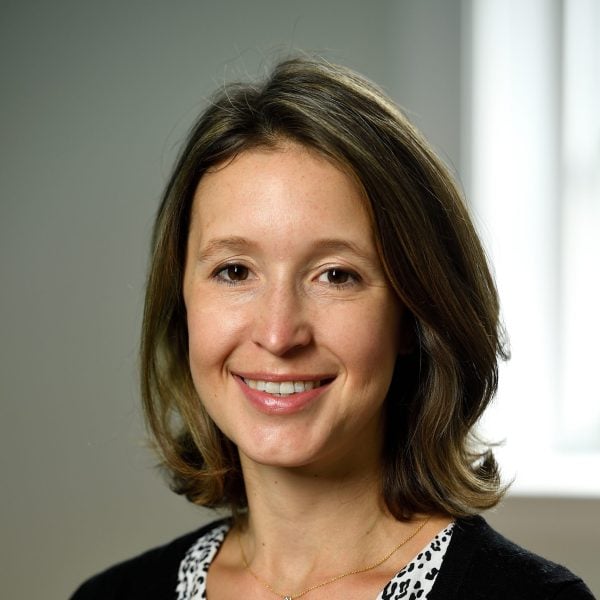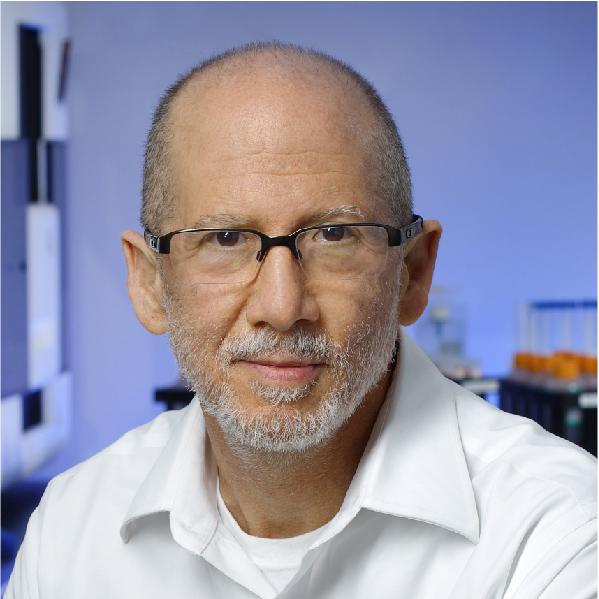
LAUREN GARDNER, Alton and Sandra Cleveland Professor of Civil and Systems Engineering at Johns Hopkins University
Talk Title: “Tracking and Modeling a Pandemic in Real-time: Challenges Faced and Lessons Learned during COVID-19”
Lauren Gardner is the Alton and Sandra Cleveland Professor in the Department of Civil and Systems Engineering at Johns Hopkins Whiting School of Engineering, holds a joint appointment in the Bloomberg School of Public Health, and is Director of the Center for Systems Science and Engineering.
She is the creator of the interactive web-based dashboard being used by public health authorities, researchers, and the general public around the globe to track the COVID-19 pandemic. She was awarded the 2022 Lasker~Bloomberg Public Service Award, America’s top medical research prize, for creating the COVID-19 dashboard that became the world’s most trusted source for reliable, real-time data about the pandemic. She was also named one of TIME’s 100 Most Influential People of 2020, included on BBC’s 100 Women List 2020: Women who led change, and named one of Fast Company’s Most Creative People in Business for 2020.
Gardner is an expert in infectious disease modeling, and has previously led related interdisciplinary research projects which utilize network optimization and mathematical modeling to progress the state of the art in global epidemiological risk assessment. Her modeling work has been applied to a range of infectious diseases including COVID-19, measles, dengue, Zika, MERS-CoV, and avian influenza. On these topics Gardner has received research funding from organizations including NIH, NSF, NASA, the CDC, and Bloomberg Philanthropies. She has supervised more than 30 graduate students and post-docs, and teaches courses on network science and systems engineering.
Prior to joining JHU in 2019, Gardner was a senior lecturer in civil engineering at the University of New South Wales (UNSW) Sydney, in Australia. She received her BSArchE in architectural engineering, her MSE in civil engineering, and her PhD in transportation engineering at the University of Texas at Austin.

BERT VOGELSTEIN, Clayton Professor of Oncology and Pathology and Investigator of the Howard Hughes Medical Institute
Talk Title: “Present and Future of Cancer Biomedical Research”
Bert Vogelstein is the Clayton Professor of Oncology and Pathology, an Investigator of the Howard Hughes Medical Institute, and a Director of the Ludwig Institute and Lustgarten Dedicated Laboratory for Pancreatic Cancer Research at the Sidney Kimmel Comprehensive Cancer Center at Johns Hopkins. Vogelstein and his colleagues discovered the genetic basis of human colorectal tumors, including many of the genes, pathways, and concepts that are the foundation of modern cancer research. They developed an effective form of therapy for a hereditary colorectal cancer predisposition syndrome that is based on the understanding of its genetic defect. From a broader perspective, his group initiated a new chapter in diagnostics in 1992 when they demonstrated that somatically acquired driver gene mutations can be used as biomarkers for cancer; an approach now often referred to as “liquid biopsies.” His group currently focuses on developing new approaches to detect cancers earlier as well as developing novel immunotherapeutic agents that can combat cancer if it is not detected early.
Vogelstein has been elected to membership in the National Academy of Sciences, the National Academy of Medicine, the American Philosophical Society, the European Molecular Biology Organization, and to Fellowship in the American Association for the Advancement of Science. His advisory roles have included Chair of the National Research Council Committee on the Biological and Biomedical Applications of Stem Cell Research and Chair of Board of Scientific Counselors of the National Human Genome Research Institute. He has held many editorial positions, holds more than 200 granted U.S. patents, and according to the Institute
for Scientific Information, has been the most cited biomedical scientist in the world.
Vogelstein graduated summa cum laude with distinction in mathematics from the University of Pennsylvania, and obtained a medical degree at the Johns Hopkins University School of Medicine. Following his clinical training, he completed a post-doctoral fellowship at the National Cancer Institute before returning to Hopkins.
